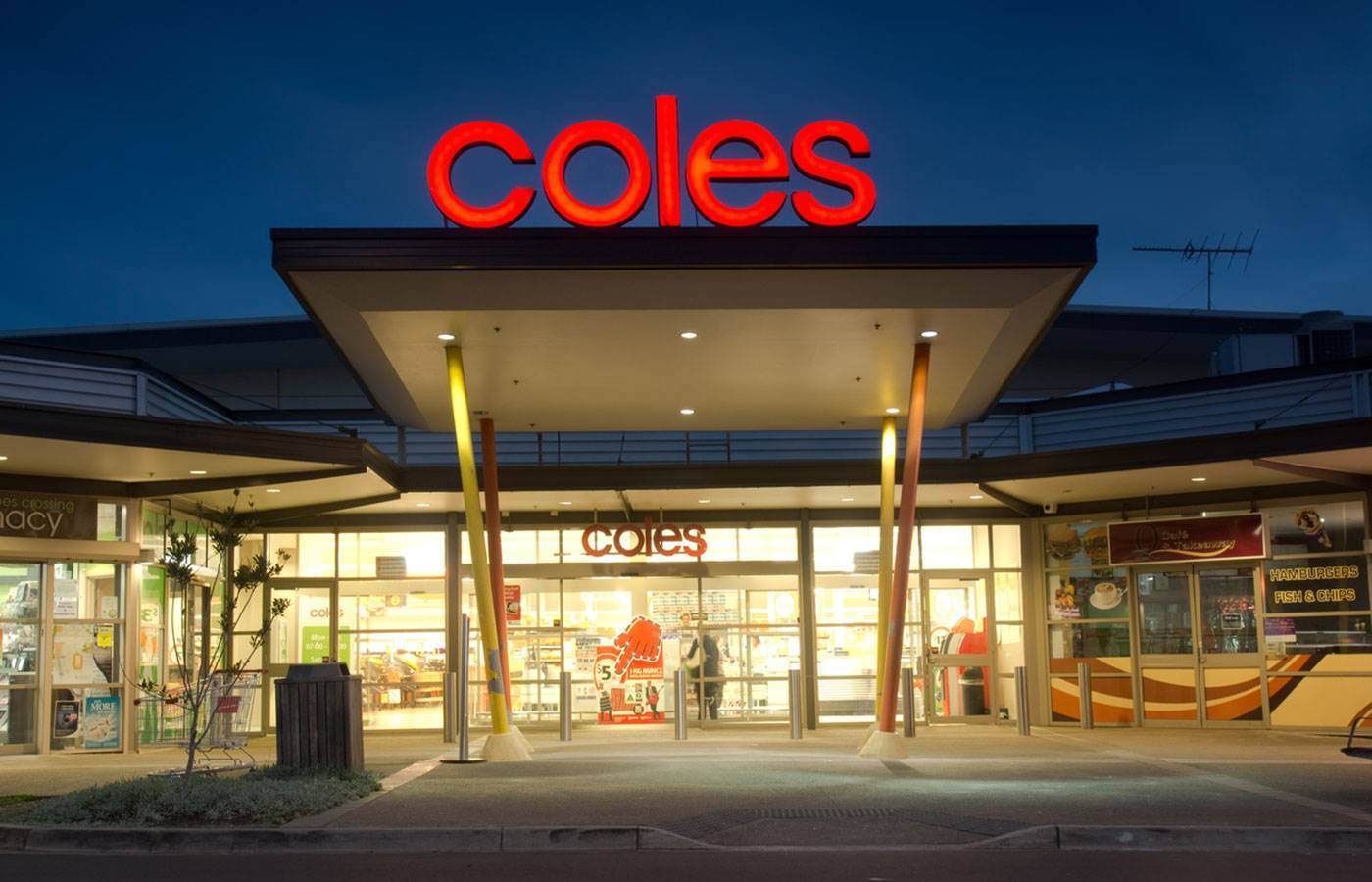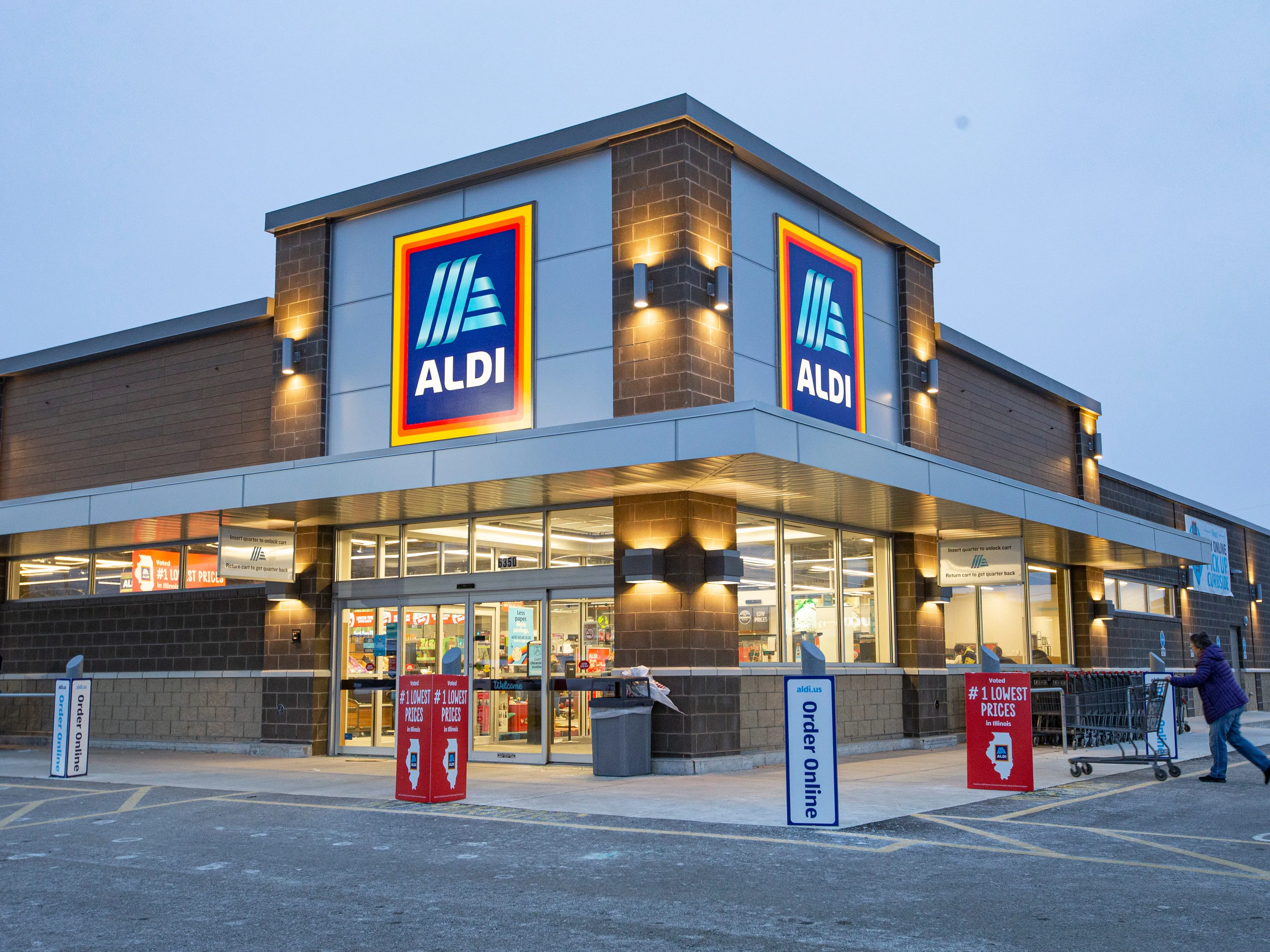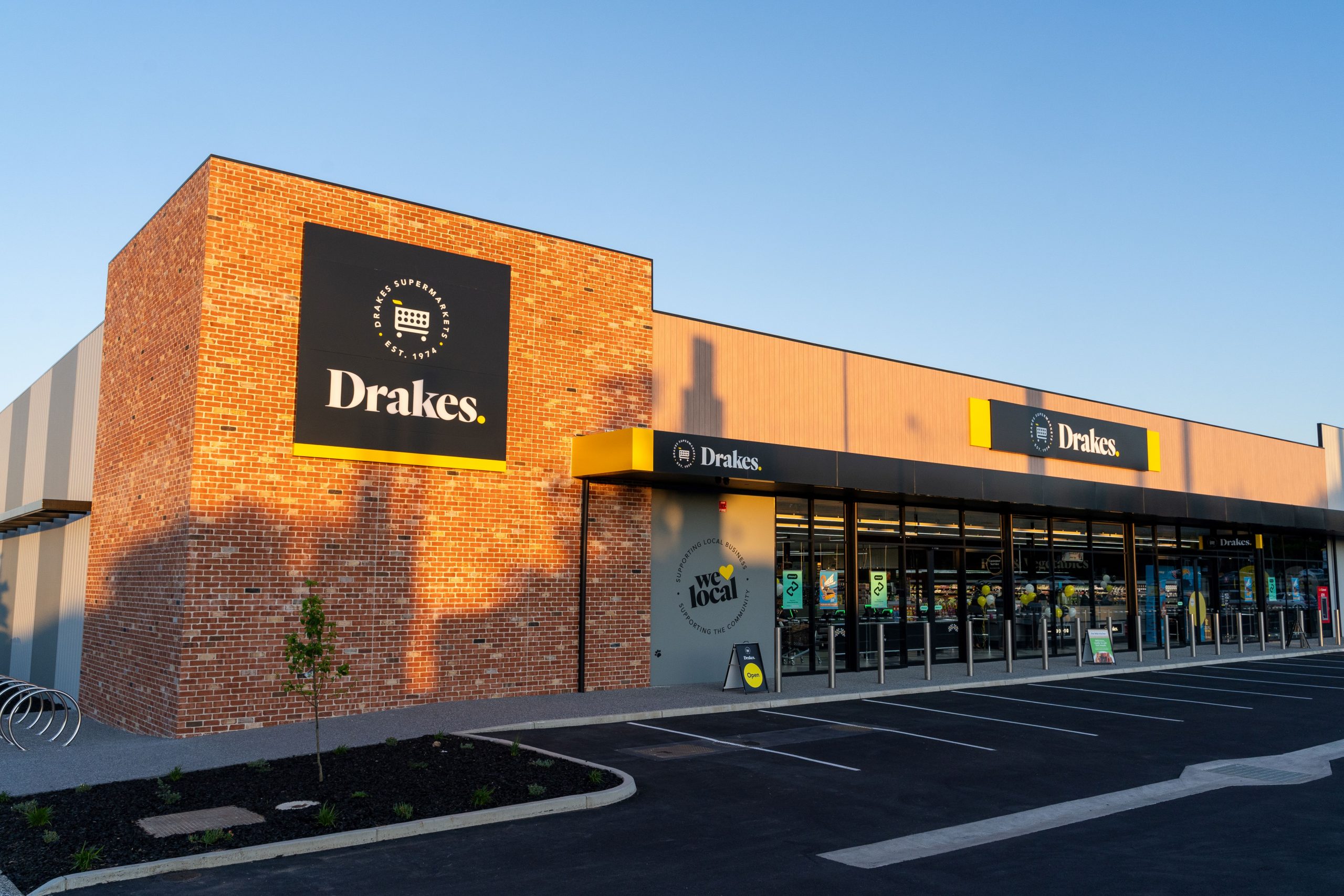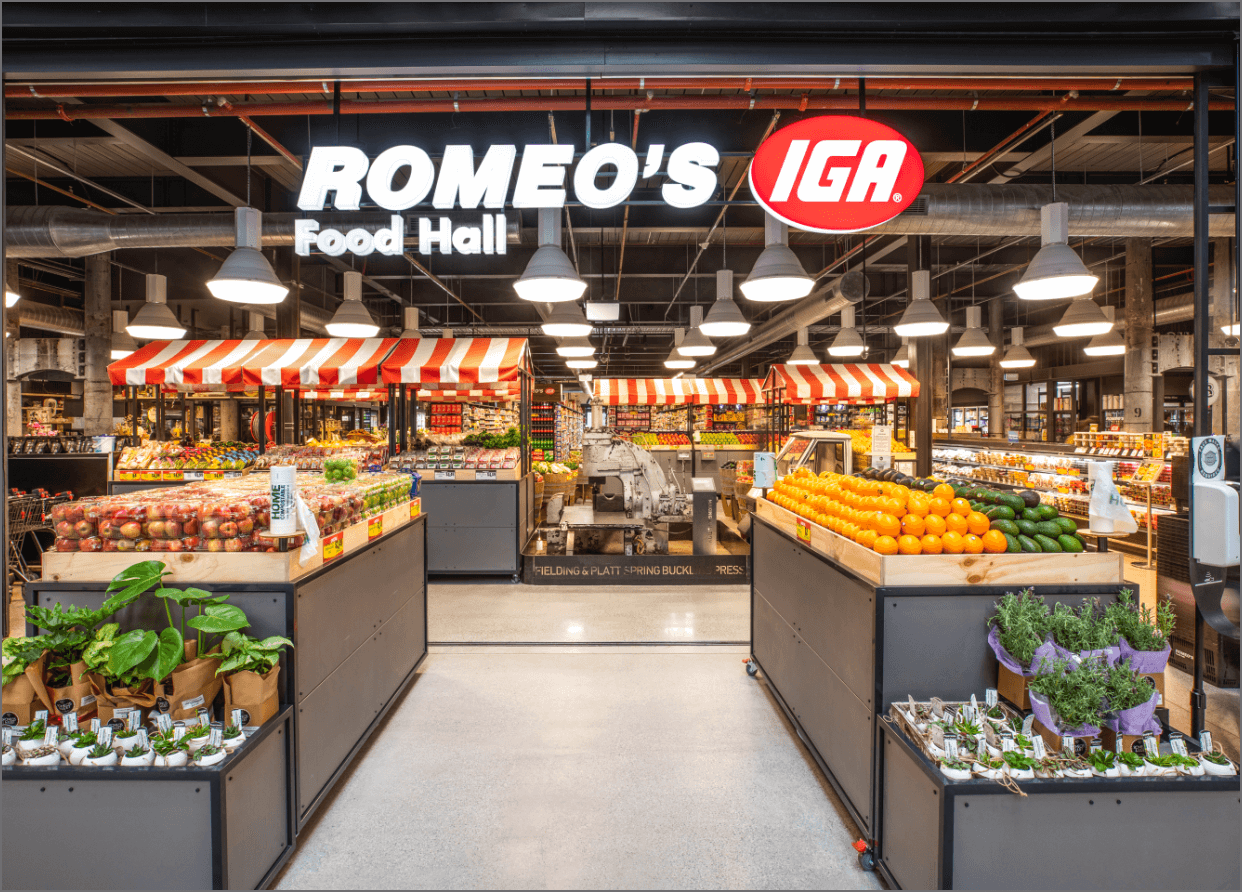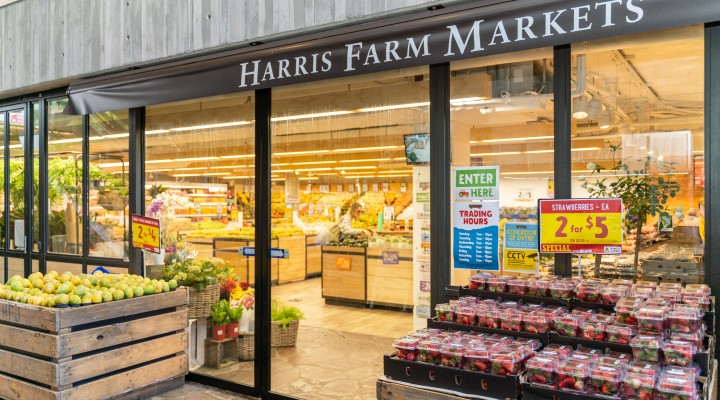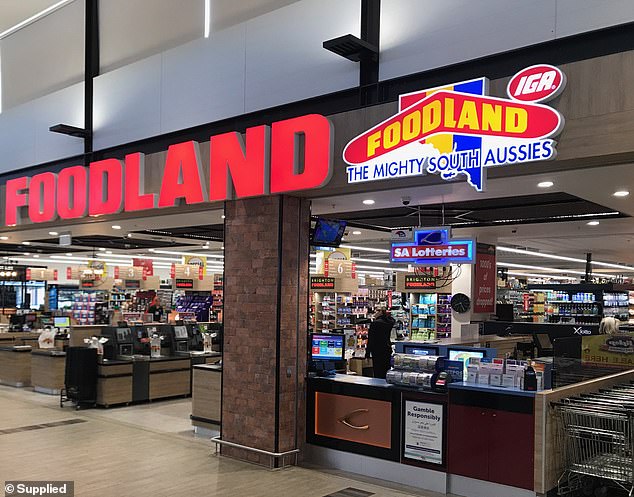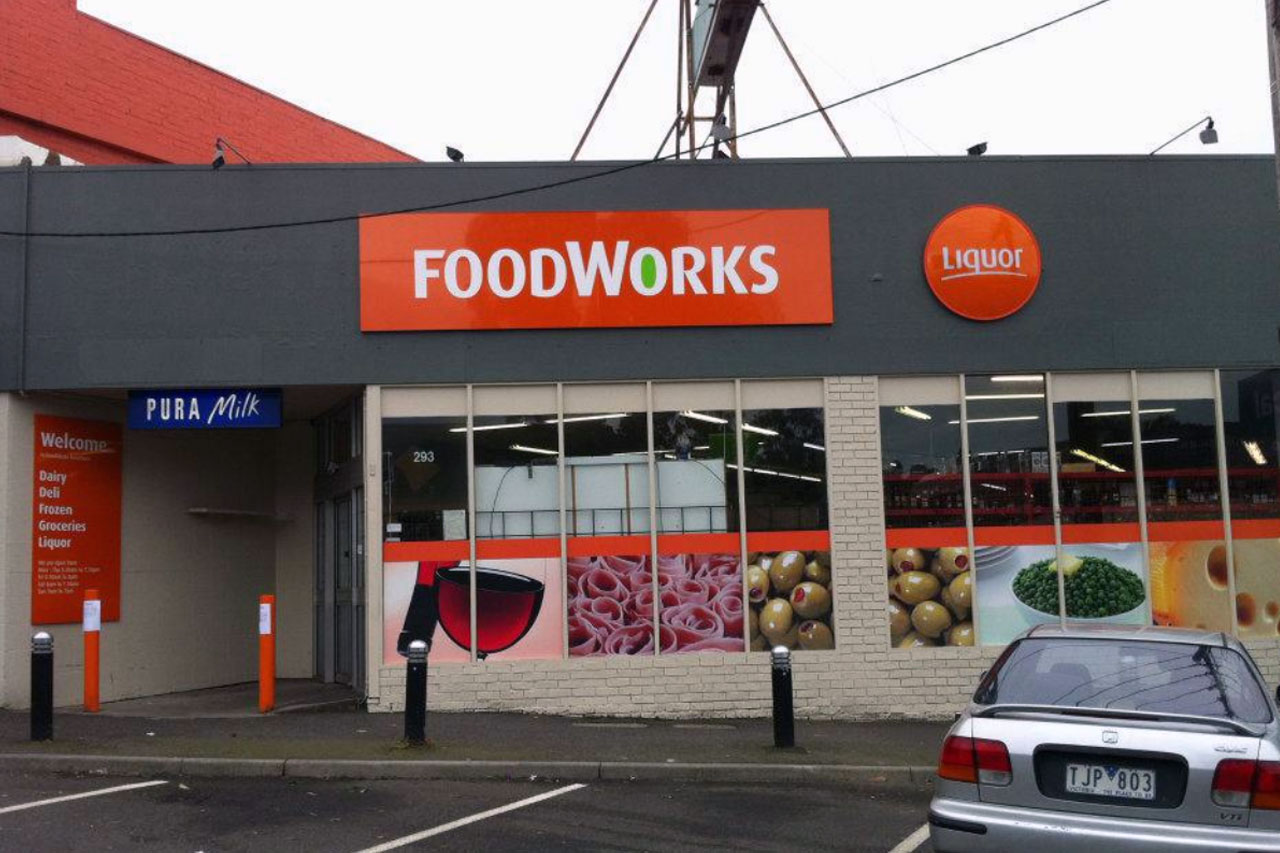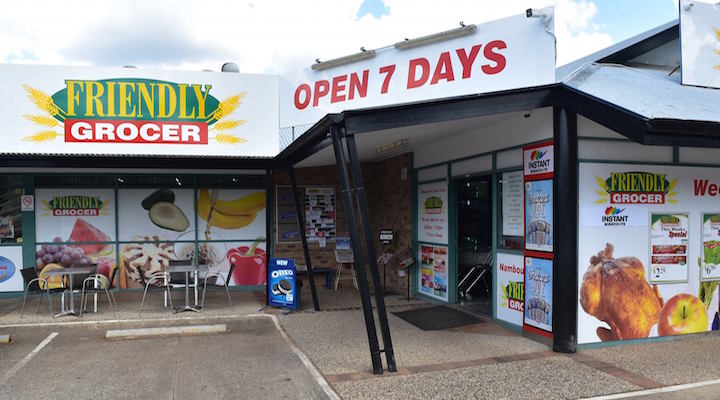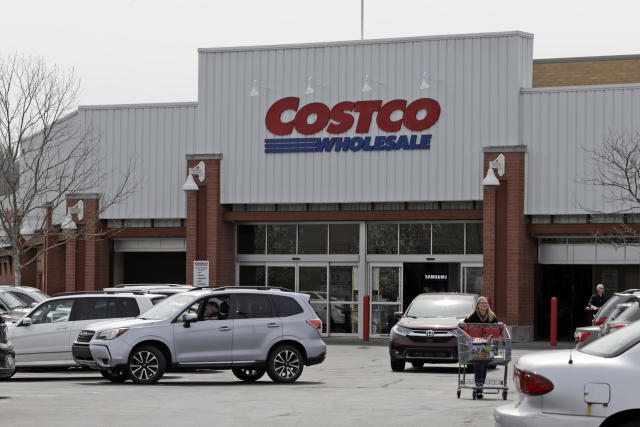Ready to get started on your next store display project?
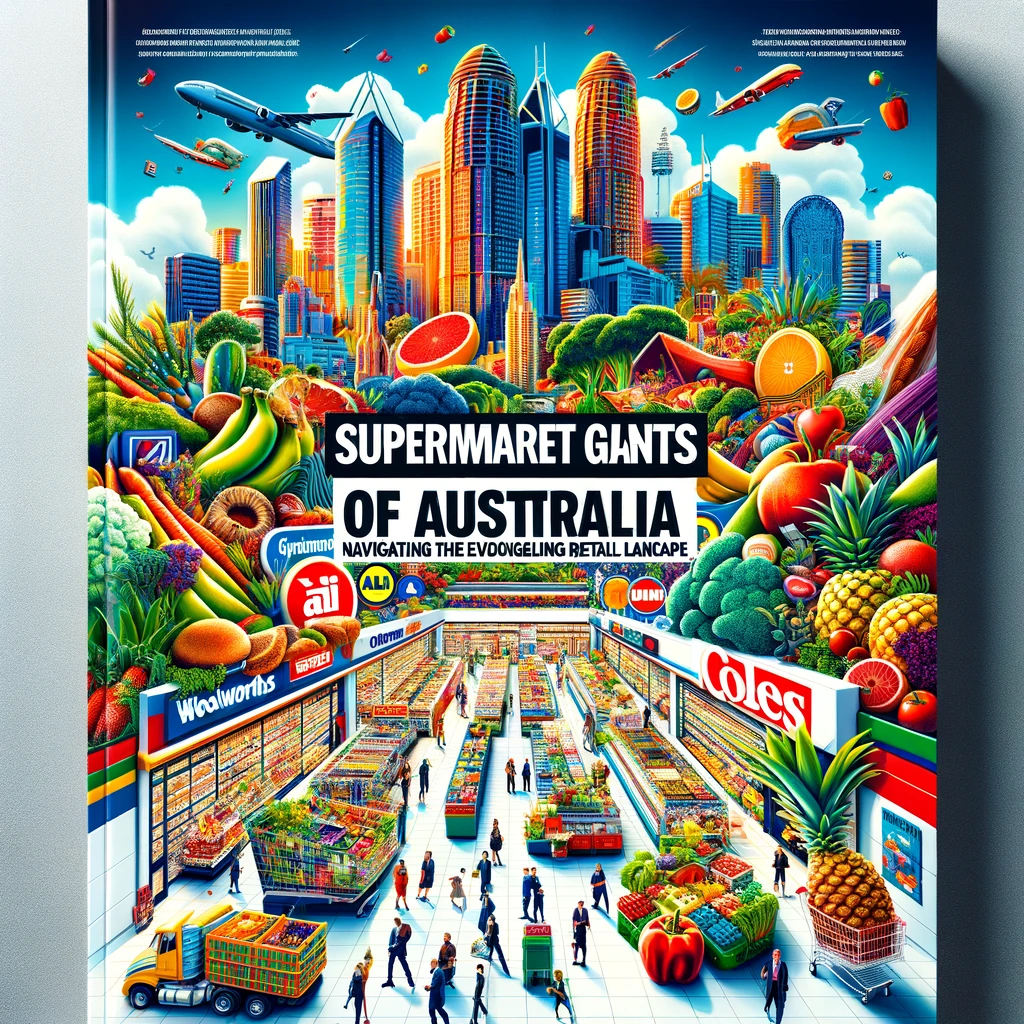
Supermarket Giants of Australia : Trends, Innovations, and Market Leaders
Australia, ranking as the world's sixth-largest country, has become a beacon for prominent brands thanks to its favorable business conditions and high-quality population. This has especially been the case in the grocery sector, where brands are keenly expanding due to the country's promising market prospects.
In Australia, competition among well-known brands across various niches is intensifying, effectively narrowing the market gap. This dynamic fosters an environment where only the highest quality goods and services suffice for Australian consumers, who enjoy a wide array of choices. This plethora of options empowers locals to select only what best fits their preferences, contributing to the thriving retail and grocery sectors.
From upscale Australian supermarkets offering savvy shopping experiences to budget-friendly local markets, quality remains uncompromised, ensuring that all grocery needs are met with the highest standards.
Whether seeking Australia's finest supermarkets or the best value for money, this article provides all the essential details needed to navigate the diverse supermarket landscape in Australia.
The Landscape of Australian Supermarkets in 2023
In 2023, the supermarket landscape in Australia showcases 2,186 grocery stores, reflecting a slight decline of 0.7% from the previous year. This subtle reduction highlights the competitive nature of the retail market as stores adapt to the evolving demands of consumers.
The Unique Supermarket Experience Down Under
Australian supermarkets offer a distinctive shopping experience, setting them apart from their global counterparts. The larger store formats are designed to cater to all the essentials expected in retail, providing a comprehensive shopping journey under one roof.
1. Nationwide Presence:
With chains spread across the country, supermarkets are strategically located to serve diverse communities. These establishments employ advanced techniques to safeguard their merchandise, effectively reducing incidents of shoplifting.
2. Sustainable Shopping Initiatives:
Most supermarkets in Australia have responded to environmental concerns by providing designated areas for customers to leave additional shopping bags. This initiative encourages shoppers to reuse bags and pick them up upon their next visit, demonstrating a commitment to sustainability.
3. Product Diversity:
The cultural diversity of Australia has prompted supermarkets to stock an extensive variety of products. This has led to heightened competition, encouraging retailers to diversify their offerings. It is now commonplace to find a range of products from household goods and electronics to clothing and groceries under one roof, reflecting the new standard for Australian stores.
4. Local Preferences:
Australians are known for their discerning taste and demand for quality. This has influenced the product selection available in supermarkets, ensuring a range of high-quality and appealing items are on offer.
Embracing the Digital Age in Grocery Shopping
The shift towards digital solutions has become more pronounced with supermarkets harnessing online platforms to reach their customers. Navigating busy aisles or dealing with traffic can be daunting for many, which is where online grocery trends come into play. In Australia, supermarkets like Tesco and Morrisons, and even specialty stores like Iceland, provide the convenience of home delivery. This service extends to online-only grocery businesses, which have carved out a niche in the market. The availability of online delivery, however, is influenced by geographical location, with some areas having more options than others.
Meal-Kit Services: Another emerging trend in Australia is the popularity of meal-kit companies. These services deliver pre-portioned ingredients and recipes right to your doorstep, allowing you to enjoy home-cooked meals with minimal effort.
Top 10 Supermarkets in Australia
1. Woolworths: Dominating the Retail Market
Woolworths, established in 1924, has evolved into Australia’s largest supermarket chain with a commanding 37% market share. It operates 995 stores and employs over 115,000 individuals, making it a cornerstone of the Australian economy. Woolworths excels in providing a wide array of products ranging from basic groceries to gourmet items, catering to diverse consumer tastes. Its commitment to customer satisfaction is evident through innovative initiatives like the Bunch club, which allows customers to try new products and provide feedback, and a robust rewards program that enhances customer loyalty by offering redeemable points on purchases. Woolworths has also made significant strides in sustainability, aiming to reduce its environmental footprint through initiatives such as reducing plastic usage and energy consumption.
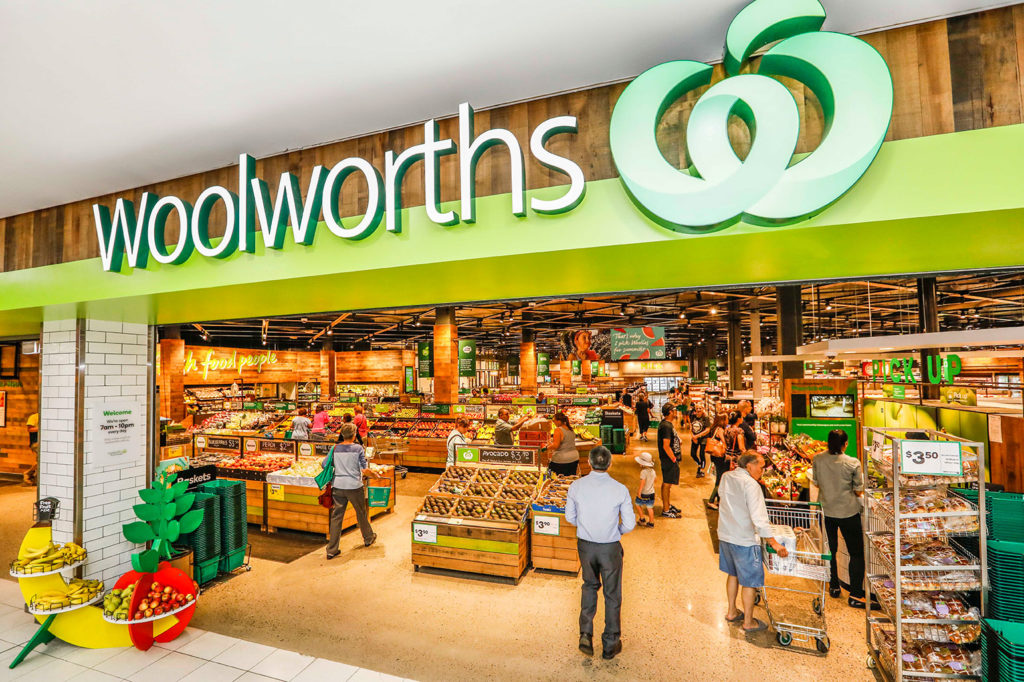
2. Coles: A Blend of Tradition and Value
Coles, founded in 1914, holds a 28% share of the market and operates 833 stores across Australia. It is renowned for its value-for-money ethos, which is integrated into its pricing and product strategies. Coles’ extensive Flybuys program is one of the most comprehensive rewards systems in the country, offering customers points that can be exchanged for discounts and deals, thereby fostering customer retention and satisfaction. Coles is also committed to community involvement and sustainability, with efforts aimed at reducing waste and promoting eco-friendly practices across its operations.
3. Aldi: Redefining Affordability
Aldi has reshaped the Australian supermarket scene since its entry in 2001, currently holding 10% of the market with over 570 stores. Unlike traditional supermarkets, Aldi’s business model focuses on high efficiency and low overhead costs to offer significantly lower prices. It primarily stocks private-label items, reducing dependency on brand premiums while ensuring quality. Aldi’s approach has introduced a new paradigm in retail, emphasizing that low prices need not compromise quality, which has been particularly appealing during economic downturns.
4. Drake Supermarkets: Innovating Customer Experience
Drake Supermarkets, although smaller in scale with just over 60 locations, has become a leader in retail innovation in South Australia. Founded in 1974, Drake has introduced numerous firsts in the market, such as in-store fresh juice and kombucha taps, and gourmet deli options. These innovations not only differentiate Drake from its competitors but also enhance the shopping experience by providing convenience and a touch of luxury. Drake’s commitment to customer-centric innovations continues to drive its growth and popularity.
5. IGA: Championing the Independent Retailer
IGA operates a network of 1,455 independently owned stores, making it a major player in the Australian market. This model supports local entrepreneurship by allowing store owners to tailor their offerings to the community's needs. IGA’s stores often become community hubs, reflecting local preferences and fostering a personal shopping experience. The IGA Rewards program further personalizes the customer experience with targeted deals and promotions. Moreover, IGA’s focus on local sourcing supports Australian producers and reduces supply chain complexities.
6. Harris Farm Markets: The Fresh Food Specialist
Harris Farm Markets has carved out a niche in the Australian retail market by specializing in fresh, farm-sourced, and gourmet food products across its 27 stores. A family-operated enterprise since its inception, Harris Farm is not just a supermarket but a destination for food enthusiasts seeking quality and freshness. Their loyalty program, Friend of the Farm, enhances customer engagement by offering exclusive deals and discounts, particularly on premium products, catering to the needs of discerning shoppers who prioritize quality over price.
7. Foodland: The South Australian Staple
Established in 1871, Foodland has grown to become a beloved institution in South Australia with more than 90 stores. This family-owned business prides itself on supporting local suppliers and maintaining a close-knit community feel in its stores. Foodland differentiates itself with a commitment to local products, often providing a platform for local producers when larger chains do not. Their focus on personalized service and community involvement, combined with competitive pricing, ensures a loyal customer base and a unique position in the market.
8. FoodWorks: The Community-Centric Network
With over 700 stores nationwide, FoodWorks serves as a bridge between large chain efficiency and local store intimacy. Their business model supports both corporate-owned and independent stores, providing a flexible framework that adapts to local needs. The Smart Rewards program at FoodWorks is designed to promote healthier lifestyle choices among consumers by tying rewards to purchases that meet certain health criteria. This innovative approach not only fosters customer loyalty but also supports community health initiatives, making FoodWorks a central figure in community-centric retailing.
9. Friendly Grocer: The Customer-First Network
Friendly Grocer, formerly known as Four Square, operates more than 450 stores in Australia. This chain has built its reputation on high-quality service and a customer-first approach, ensuring that each store maintains a high standard of product offering and customer interaction. Regular promotions and deals, highlighted in the Friendly Grocer Catalogue, keep customers engaged and provide added value, reinforcing the brand's commitment to quality and service. The Friendly Grocer remains a preferred local supermarket, known for its personal touch and community feel.
10. Costco: The Bulk-Buying Powerhouse
Costco has rapidly become a major player in the Australian retail market with its unique membership-based warehouse club model. Since opening its first store in Melbourne in 2009, Costco has expanded to 12 locations across the country, offering a wide range of products in bulk at substantially reduced prices. This model is particularly attractive to budget-conscious families and businesses looking to economize by purchasing in larger quantities. The membership fee, while initially seen as a barrier, offers long-term savings and exclusive access to high-quality products, making Costco a leading choice for value-driven consumers.
Australia's Supermarket Giants
Market Share and Leadership In the competitive arena of Australian supermarkets, Woolworths holds the crown with a commanding 37% market share, making it the largest supermarket chain in the country. Not far behind is Coles, with a substantial 28% share, playing a critical role in shaping retail trends and consumer preferences. Aldi, known for its cost-effective pricing strategy, has impressively grown its footprint from 4% in 2009 to 11% today, signaling a shift towards value-oriented shopping. Metcash, trading as IGA, caters to a niche market with a 7% share, focusing on personalized service and community-centric retailing.
Consumer Preferences and Trends
Popularity and Demographics Woolworths is not only the biggest but also the most popular supermarket, with 35% of Australians favoring it for their grocery needs. Coles follows closely, preferred by 35% of the population. Interestingly, Aldi and IGA show divergent demographic trends; Aldi is slightly more favored by men (36%), while IGA's unique offerings appeal to 35% of male shoppers. Woolworths strikes a particular chord with Gen Z, capturing 54% of their shopping preference, indicative of the brand's strong marketing outreach and product assortment that resonates with younger consumers.
Spending Habits
Grocery Expenditure Analysis According to the Australian Bureau of Statistics (ABS), Australians spent approximately $10.6 billion in supermarkets as of February 2022, averaging around $485 per person. This marked a decrease from March 2020, when panic buying related to the SARS-CoV-2 outbreak pushed spending to $11.9 billion, or $562 per person. This data reflects not only the impact of global events on grocery shopping but also the adaptability of the supermarket chains in managing supply chain challenges.
Market Expansion and Non-Existence of Walmart
International Retail Influence Contrary to some expectations, Walmart, the American retail giant, has no presence in Australia, allowing local powerhouses like Woolworths and Coles to dominate the market. This absence is a strategic advantage for local enterprises, which tailor their services to the unique Australian demographic and preferences without direct competition from Walmart.
Future Outlook and Online Trends
Growth and Digital Transformation The supermarket sector in Australia is poised for continued growth, driven by favorable business conditions and an influx of tourists seeking diverse and high-quality products. In response, supermarkets are not only enhancing in-store experiences but are also expanding their digital presence. Online grocery shopping is burgeoning, with established brands adapting to e-commerce to meet the increasing consumer preference for convenience.
Conclusion:
In conclusion, the Australian supermarket industry represents a robust and evolving market that successfully caters to a diverse consumer base. With giants like Woolworths and Coles dominating the scene, and innovative players like Aldi and IGA carving out unique niches, the landscape is both competitive and rich with opportunity. The shift towards sustainable practices and the embrace of digital transformation are setting new standards within the industry. As Australian supermarkets continue to adapt to the preferences of an increasingly eco-conscious and tech-savvy population, they are poised for even greater success in the future.
For those seeking quality, diversity, and convenience in their shopping experience, Australia's supermarkets offer a world-class array of choices that are hard to match. With ongoing investments in both physical and digital infrastructures, these retailers ensure that the Australian supermarket sector remains at the forefront of global retail innovation.
Engage with Us We invite you to share your experiences and preferences. Which supermarket is your favorite and why? Your insights help us understand and serve you better. Leave a comment below!
Ever Glory Fixtures,
Located in Xiamen and Zhangzhou, China, is an outstanding manufacturer with over 17 years of expertise in producing customized, high-quality display racks and shelves. The total production area of the company exceeds 64,000 square meters, with a monthly capacity of over 120 containers. The company always prioritizes its customers and specializes in providing various effective solutions, along with competitive prices and fast service, which has earned the trust of many clients worldwide. With each passing year, the company is gradually expanding and remains committed to delivering efficient service and greater production capacity to its customers.
Ever Glory Fixtures has consistently led the industry in innovation, committed to continually seeking the latest materials, designs, and manufacturing technologies to provide customers with unique and efficient display solutions. EGF's research and development team actively promotes technological innovation to meet the evolving needs of customers and incorporates the latest sustainable technologies into product design and manufacturing processes.
What's up?
Post time: Apr-11-2024

